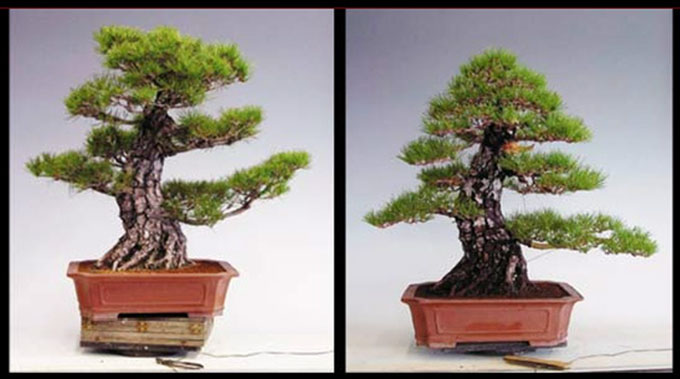 Before and after. It helps to start with great stock. Still, it takes a skilled hand to successfully tackle such powerful tree. The artist is Marco Invernizzi.and as you may have noticed, the after is just right. It’s a Japanese black pine. It’s from the ‘before and after’ section of Marco’s website.
Before and after. It helps to start with great stock. Still, it takes a skilled hand to successfully tackle such powerful tree. The artist is Marco Invernizzi.and as you may have noticed, the after is just right. It’s a Japanese black pine. It’s from the ‘before and after’ section of Marco’s website.
�
�
 Whatever it is, it’s wonderful. We just featured this ‘bonsai’ in our last post. Turns out it’s a fabulous fake. Or, maybe fake isn’t the right word. Perhaps it’s more accurate to say that it’s a wonderful clay representation of a bonsai. The artist is Paul Finch, according to Nik Rozman.
Whatever it is, it’s wonderful. We just featured this ‘bonsai’ in our last post. Turns out it’s a fabulous fake. Or, maybe fake isn’t the right word. Perhaps it’s more accurate to say that it’s a wonderful clay representation of a bonsai. The artist is Paul Finch, according to Nik Rozman.
�
 There’s two Progetto Futuro Bonsai Schools. This enlongated photo is of a workshop at the Progetto Futuro UK Bonsai School. The original Progetto Futuro Bonsai School is in Italy (as you might guess). Now Tony Tickle has teamed up with Enrico Savini and Ivo Saporiti and created Progetto Futuro UK Bonsai School.
There’s two Progetto Futuro Bonsai Schools. This enlongated photo is of a workshop at the Progetto Futuro UK Bonsai School. The original Progetto Futuro Bonsai School is in Italy (as you might guess). Now Tony Tickle has teamed up with Enrico Savini and Ivo Saporiti and created Progetto Futuro UK Bonsai School.
�
 Digging in. It just so happens that I’m in Mexico at the moment. Nothing to do with bonsai (more or less), just a little sunshine R&R. Still, why not dig in just a bit to the local scene. Here’s what the first shovel full turned up.
Digging in. It just so happens that I’m in Mexico at the moment. Nothing to do with bonsai (more or less), just a little sunshine R&R. Still, why not dig in just a bit to the local scene. Here’s what the first shovel full turned up.
�
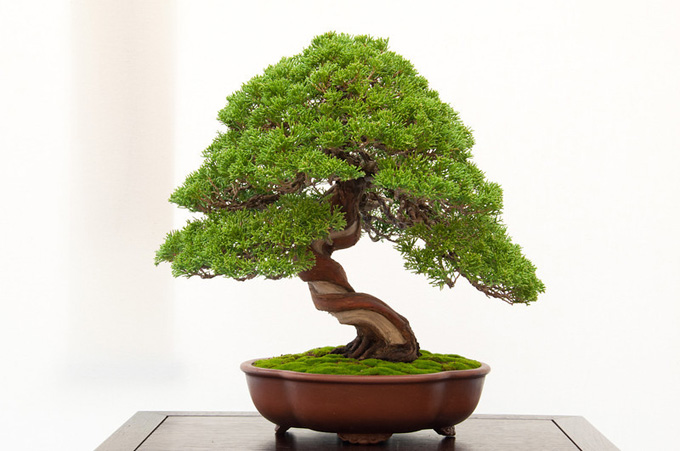 Bonsai Tonight, bonsai last night and bonsai tomorrow night. This sweet Kifu shimpaku is from Bonsai Tonight. Rather than say more, I’ll just encourage you to visit this exceptional blog for yourself. Should you wonder whether it’s worth the considerable trouble of a single click, you have my word.
Bonsai Tonight, bonsai last night and bonsai tomorrow night. This sweet Kifu shimpaku is from Bonsai Tonight. Rather than say more, I’ll just encourage you to visit this exceptional blog for yourself. Should you wonder whether it’s worth the considerable trouble of a single click, you have my word.
 There’s something afoot in Nebraska. Okay, I’m on vacation and trying to stop working for today at least, so I won’t say much about my discovery of the Nebraska Bonsai Society website, except that, at a glance, it looks pretty good. Maybe there’s something afoot in the great state of Nebraska.
There’s something afoot in Nebraska. Okay, I’m on vacation and trying to stop working for today at least, so I won’t say much about my discovery of the Nebraska Bonsai Society website, except that, at a glance, it looks pretty good. Maybe there’s something afoot in the great state of Nebraska.
�
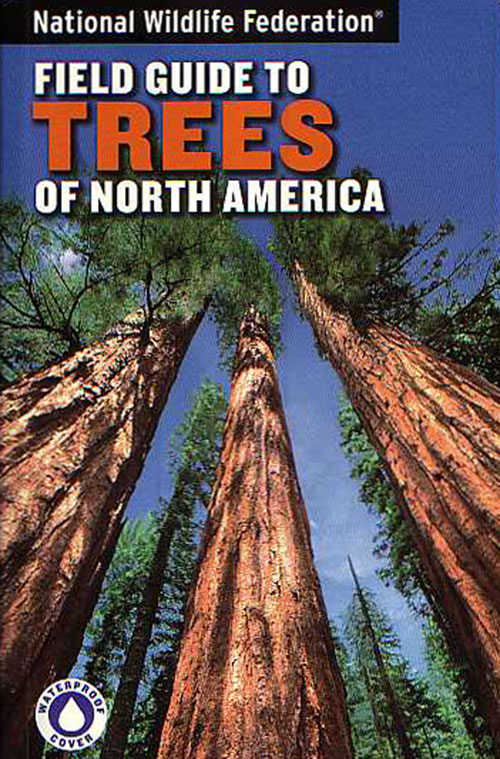 Buy this book. Okay. It’s time to reveal one of my favorite books of all time. But first, a question: why don’t bonsai enthusiasts show more interest in full size trees? It’s not that there aren’t some tree lovers in our bonsai community, I’m just surprised that we aren’t all tree lovers (or am I missing something?). Anyway, enough with that. This book is the best tree book I’ve ever seen and almost the only tree book I ever use (I even read it for entertainment). It features over 700 varieties with over 2,000 color photos. It’s chock full of great info, including identification tips, range maps, abundant general info on trees and tree identification. And it has a waterproof cover! It’s a remarkable deal at 19.95, and an even more remarkable deal at Stone Lantern’s low price of 14.97. Go ahead, buy it. You’ll be thanking me for years.
Buy this book. Okay. It’s time to reveal one of my favorite books of all time. But first, a question: why don’t bonsai enthusiasts show more interest in full size trees? It’s not that there aren’t some tree lovers in our bonsai community, I’m just surprised that we aren’t all tree lovers (or am I missing something?). Anyway, enough with that. This book is the best tree book I’ve ever seen and almost the only tree book I ever use (I even read it for entertainment). It features over 700 varieties with over 2,000 color photos. It’s chock full of great info, including identification tips, range maps, abundant general info on trees and tree identification. And it has a waterproof cover! It’s a remarkable deal at 19.95, and an even more remarkable deal at Stone Lantern’s low price of 14.97. Go ahead, buy it. You’ll be thanking me for years.
�
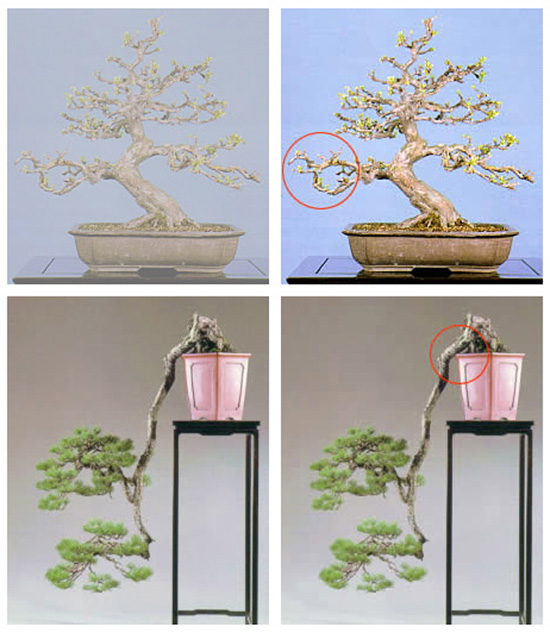 For those of us who make mistakes. I think I’ve mentioned this before, but it’s worth at least one more mention: Andy Rutledge’s thoughtful and thought provoking Artistic Foundations of Bonsai Design is work a look. In fact, it’s worth repeated looks. The photos above are from a section titled ‘Compositional Mistakes.’
For those of us who make mistakes. I think I’ve mentioned this before, but it’s worth at least one more mention: Andy Rutledge’s thoughtful and thought provoking Artistic Foundations of Bonsai Design is work a look. In fact, it’s worth repeated looks. The photos above are from a section titled ‘Compositional Mistakes.’
�
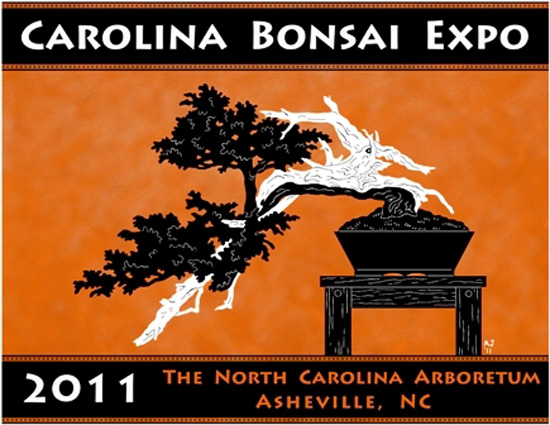 2011? That’s so last year. Here’s one we missed. It featured Walter Pall and I’d love to hear from someone who attended. Meanwhile, you might want to check out The North Caroline Arboretum for future events.
2011? That’s so last year. Here’s one we missed. It featured Walter Pall and I’d love to hear from someone who attended. Meanwhile, you might want to check out The North Caroline Arboretum for future events.
�
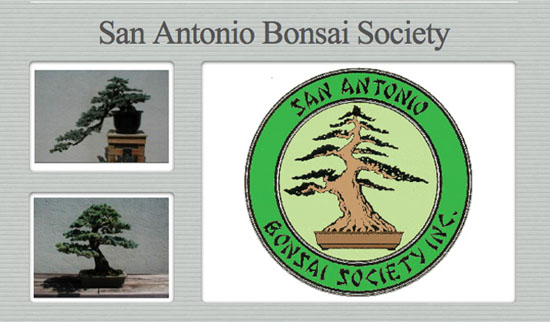 San Antonio. I don’t know why San Antonio popped into my mind, but it did. Here’s what I found after a five second search. I couldn’t tell how current the site is, but it’s a start if you’re interested.
San Antonio. I don’t know why San Antonio popped into my mind, but it did. Here’s what I found after a five second search. I couldn’t tell how current the site is, but it’s a start if you’re interested.
Just a little taste. The two spreads below are from the tree book (above) that I want you to buy.
�
Source: Bonsai Bark
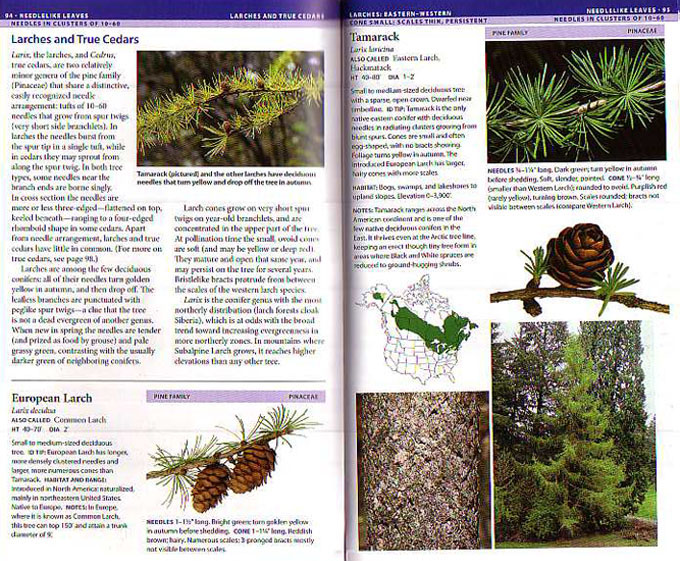
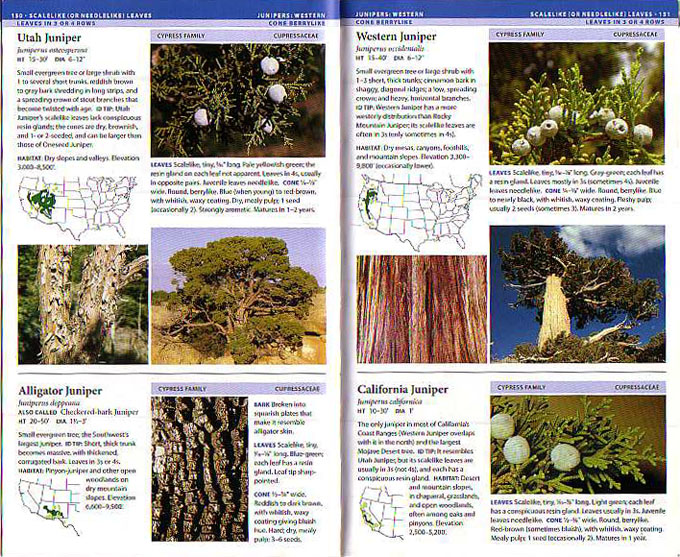
0 comments:
Post a Comment